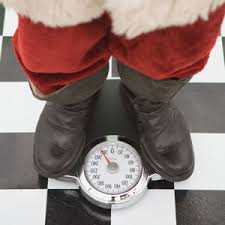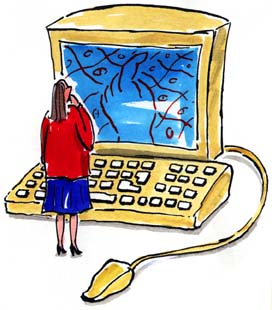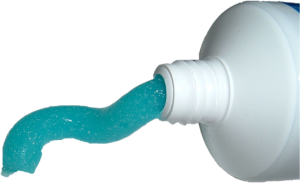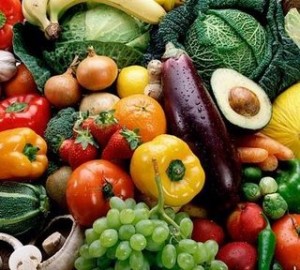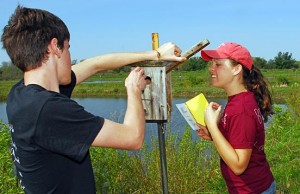Happy Holidays from all of us at EBL. We’re signing off until the New Year. In the
meantime, we’re reposting this piece on charitable giving.
It’s that time of year when many people think about giving to charities. Some make donations for tax-purposes before the end of the calendar year. Others incorporate giving into Christmas traditions, or make an effort to spread some holiday cheer to the less fortunate.
[Read more…]

